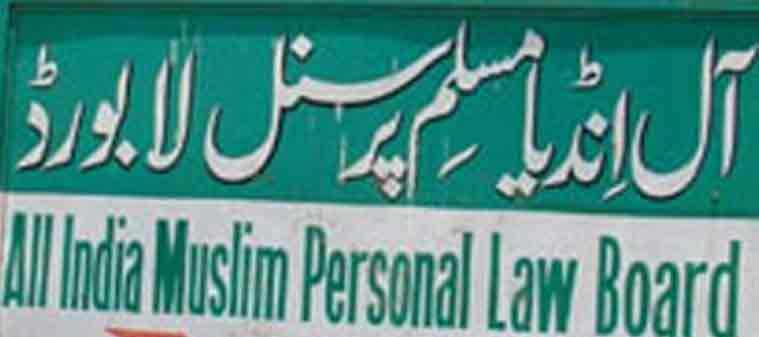

Muslim Personal Law & Indian Constitution
Till now, in matters of personal law, Muslim religious leaders in India either accepted Supreme Court rulings or petitioned the government of the day to enact a law to step around them, as it happened in the Shah Bano case, which led to the promulgation of the Muslim Women (Protection of Rights on Divorce) Act, 1986.By Sunil Garodia
First publised on 2016-02-07 20:27:38
But now, they are questioning the right of the Supreme Court in giving rulings on matters arising out of Muslim personal law, as they claim that the same derive from the Holy Quran and no one has the authority to question them. Jamait-Ulama-E-Hind, a powerful body of clerics, said this much in their submission before the Supreme Court when it took up the petition entitled âMuslim Womenâs Quest for Equality.â This stance is a direct attack on the countryâs laws and its judiciary.
The courts have been clear in their stance that whenever personal law will be in conflict with the Constitution, it will be the latter that will assume preference. This is as it should be in a secular, democratic country. The Supreme Court had, in the case Khursheed Ahmad Khan versus State of UP, held that a practice cannot acquire religious sanction just because it is permitted and it can be regulated or prohibited in the interest of public order, morality and health.
Further, the problem is that there are several interpretations of Quranic verses and in the absence of a codification of Muslim personal law, they are taken to mean different things in the same situation by different religious bodies. Personal laws have been codified in many Muslim countries, including neighbouring Pakistan and Bangladesh, to maintain consistency when disputes arise. The resistance in codifying the same in India is surprising, to say the least.
Instead of questioning the right of the Supreme Court, Muslim bodies like the All India Muslim Personal Law Board, Jamait-Ulama-E-Hind and others should initiate the process for codifying personal law. They can take up such codified laws of other countries as reference. Once done, all disputes for personal law will be settled by courts according to them, provided they do not come in conflict with the constitution of India. The Constitution is, and will, remain the ultimate reference book.











